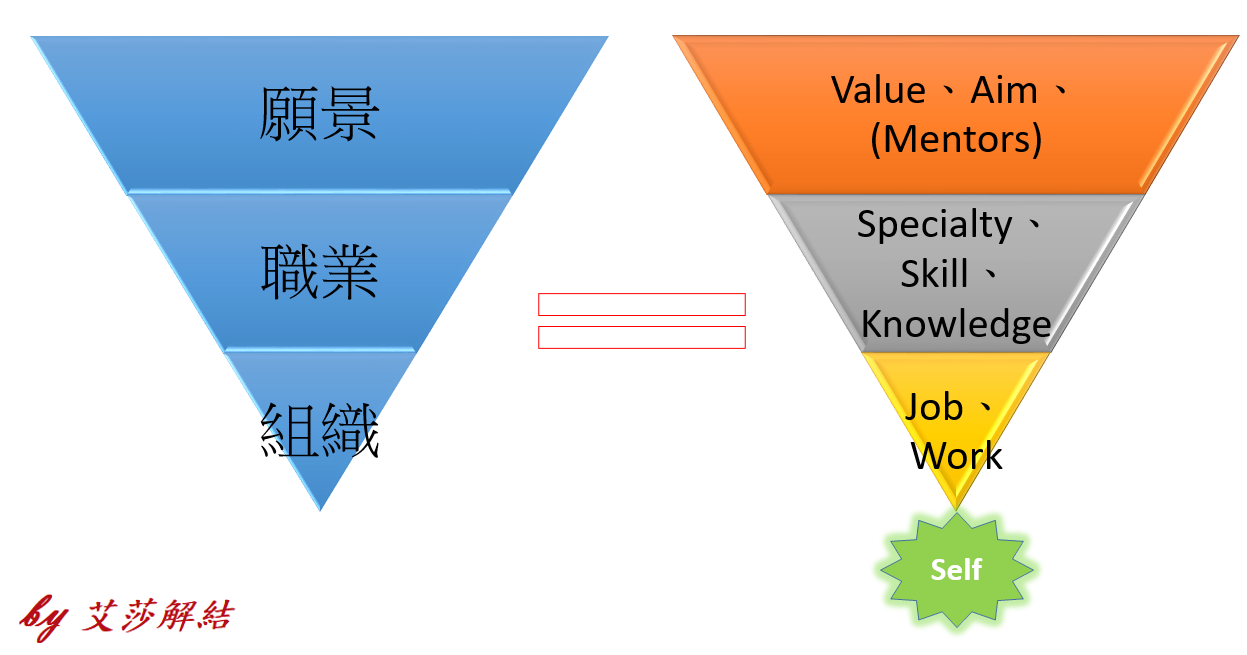"I want to use you as a role model!" Why is the Harvard professor unhappy? What 'Meditations on the Charles River' told me

If someone says to you, "You are amazing! I want to learn from you and be my example!"
What do you think?
I think when most people hear it, they will feel that they are affirmed and very happy!
When parents hear that their children want to follow in their own footsteps and pursue their own careers, it is often seen as an unprecedented parenting success. In fact, many parents are "forcing" their children to do this;
If as a supervisor, if you hear a subordinate say such a sentence to you, 80% of them will be deeply impressed and feel that the other party is really a child who can be taught.
However, in the book "Meditations on the Charles River", Howard, a professor at Harvard Business School and an entrepreneur, frowned when he heard his student and friend praise him like this, showing that the case is not very simple...
"Just be yourself, someone else's role has been played by someone else."
- Snoopy cartoonist Charles Schulz
On the road of life, have you met someone you admire or admire and want to use them as your role models in life?
More or less.
For example, your distant uncle is a successful entrepreneur;
Your elementary school classmates are international students and are now teaching at a university in the United States;
Your supervisor is a charismatic leader...
You feel that the other party is very strong and powerful, or that your life experience is enviable, so the idea of "he can do it, why can't I" arises, so you say that you want to take the other party as an example.
And in the end, have you grown into the role model you have in mind?
not at all.
Why?
This is what Howard wants to emphasize: because you are you, you cannot be someone else.
You are not your role model, you have different personalities, talents and luck. What's more, when you swear that you want to follow the other person's example, do you really want to follow the example, or is it just a cheap imitation?
As far as entrepreneurship is concerned, many people think that someone has succeeded in starting a business, and it seems that it is very good to be the boss, so they are eager to try it themselves, and they lose a shit.
When you take others as a role model and just copy cat, but don't think about and take stock of what you are and what you have, just following the trend blindly is just doomed to happen sooner or later.
Howard proposed a logic of life mosaic: you should find a few more life role models, carefully think about the other person's behavior, compare the life you want, extract the ingredients that suit you, and then refine and condense it into your own unique style .
Rather than teaching you how to run a business in life, this book is more like a certificate in philosophy of life. The book proposes many thought-provoking ideas, but does not necessarily give direct answers. It really is quite a "Western" view of education.
I believe that many people are still full of doubts about how to put together the found life puzzle pieces into their own suitable picture, so I combined some of Howard's great points with the essence of career counseling theory and combined them into a more approachable person. The thinking mode of , for your reference:

- Vision : First, use a "beginning with the end" approach to think clearly about your values and what kind of person you want to be. At this stage, you can find 2-3 role models in your life and think about what parts of them you want to have.
- Occupation: At this stage, you can start to take stock of your expertise and skills, what skills you are good at, or what skills you want to become, but are still lacking?
- Organization: Finally, think about the meal you want in life. Is there any way the organization of your current company can provide it? Or how to use your strengths?
Life is long. Many people are used to thinking point-to-point when they think about their careers. They will solve whatever situation they encounter at present. The lack of long-term goal setting will only make themselves hit the wall in stages. If you can learn to describe your ultimate goal and desired life style first, then when you move forward, you will know where you should go.
You know, the lack of a clear goal of the effort, in the end is just a mess.
I read a good book recently: Meditations on the River Charles.
Rather than a book where a Harvard professor and entrepreneur tells us how to run a business in life, I think it's more of a philosophical certificate for thinking about how life is planned. We are very accustomed to the “hand-in-hand” business management books in the market that teach us how to solve problems. The business world seeks speed and efficiency, but we often forget that the essence of reading is to calm down and think about rumination and explore new possibilities. Too much reliance on the step-by-step of scholars and experts makes it easy to be too lazy to think, or to become superficial thinking. Once you encounter a problem that cannot be solved in the way you are used to, you will be stuck there and cannot move. In fact, if it is not good, the direction of solving the problem at the beginning is already wrong. When the problems encountered at work are like this, how do you solve the problems in your own life?
Like my work? Don't forget to support and clap, let me know that you are with me on the road of creation. Keep this enthusiasm together!

- Author
- More